The Captain from Kepenik: how the shoemaker robbed the Town Hall and made Kaiser Wilhelm laugh
When Kaiser Wilhelm learned the story of the captain from Kepenik, he laughed until tears came. He personally pardoned the man who had committed the most ridiculous crime in his memory, leaving the remark "a brilliant fellow"in his dossier with his own hand. The adventures of the brave Hauptman have left a serious mark on the history of Germany and European culture — several films have been made and books have been written based on them. And it all started very prosaically.

Wilhelm Vogt, who was to become a celebrity, was born in Tilsit, in the family of an ordinary shoemaker. Willie's father was a real hard worker, and his mother was an exemplary housewife and an excellent mother of three children. But the son did not inherit either his father's diligence or his mother's virtues.
Wilhelm Vogt
From the earliest years, the young Vogt hung around on the streets and markets, making dubious acquaintances and stealing everything that is bad. At the age of 14, Wilhelm earned his first criminal record for theft and served 14 days in the city prison. But this did not go to his advantage — from 1864 to 1890, Vogt spent four more times behind bars on charges of theft, fraud and forgery of documents.
In 1891, the wayward son of a shoemaker went to a big business — he decided to rob the judicial cashier of the city of Vongrovets. The burglar was captured at night right in the courthouse when he tried to open the safe with a crowbar. This time, they did not stand on ceremony with the recidivist Vogt and "soldered" him 15 years in prison.
Vogt was released in 1906, having served his sentence in full. The crook did not have a special desire to start a new life, but a plan for an unusual and very daring crime was stuck in his head. But the case required preparation, and Wilhelm got a job with a shoemaker in the city of Wismar.
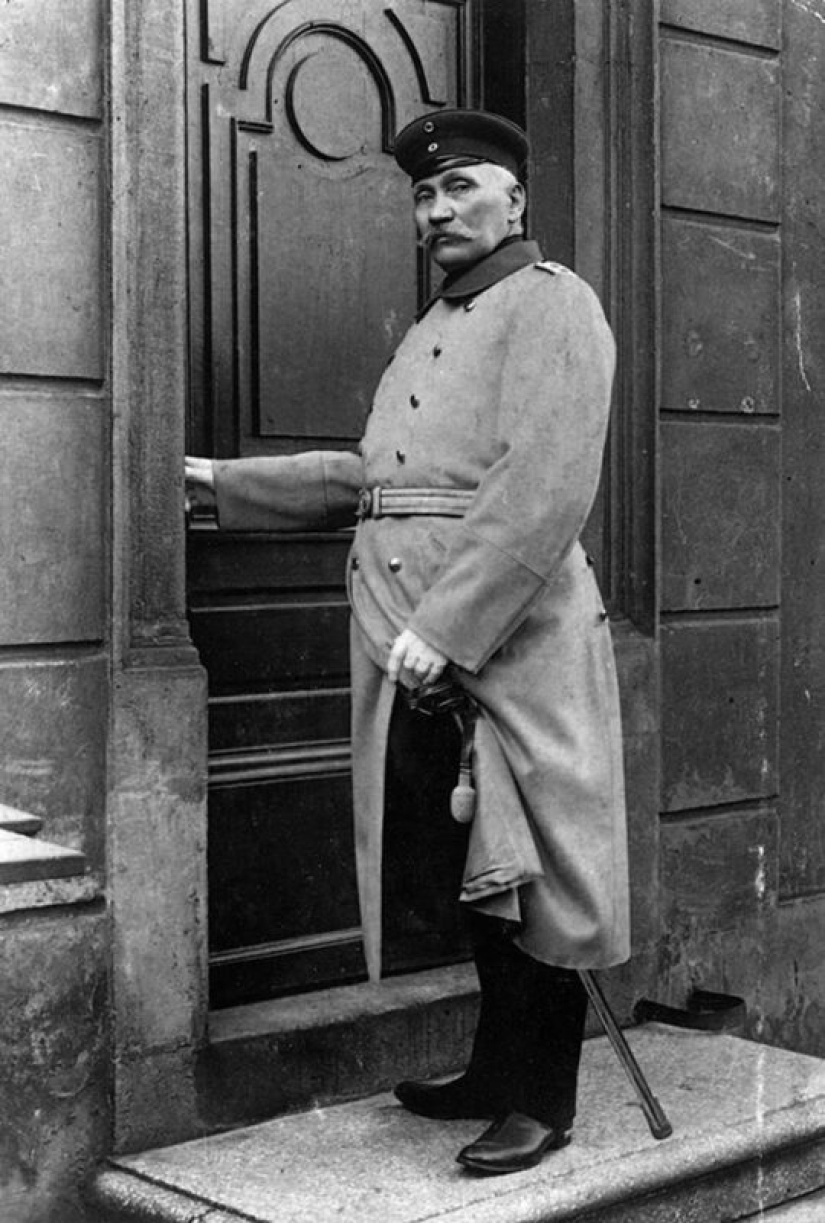
The captain from Kepenik performed by the author himself
Very soon, the employer found out that his new employee was a thief with experience and threw him out the door. The trouble does not come alone — immediately after that, the police took away Vogt's passport, and instead issued a certificate and an order to leave the Duchy of Mecklenburg-Schwerin in 24 hours.
Vogt realized that the plan should be implemented as soon as possible, before he had to steal food and wallets in the markets again, as in his youth. Wilhelm went to Berlin, where he settled with his sister Bertha. All day long he went to the junk shops and looked for details of military uniforms and equipment. Vogt needed a Hauptmann (captain) uniform in good condition for his new crime.

Kepenik Town Hall
Not far from the city center, Vogt met two squads of grenadier soldiers with rifles, who had just been relieved from the guard and were heading to their barracks. In a tone that brooked no objections, the Hauptman ordered the soldiers to follow him, and so that they would not have doubts, he waved a fake order with a seal in front of their noses.
The company went to the train station, where the officer showed himself to be a real father to the soldiers and bought each of the new subordinates a mug of beer. After enjoying a foamy drink and talking about a distant home, a small group boarded a commuter train heading to Köpenik is a small town that was not yet part of Berlin at that time.
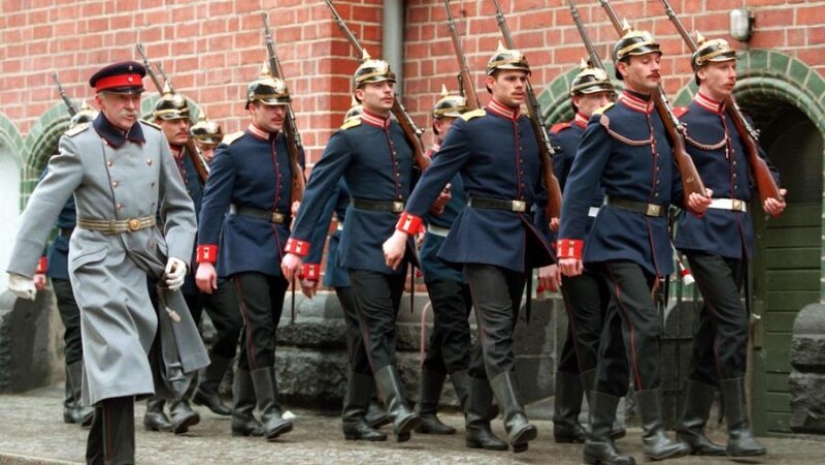
At the city council, Wilhelm Vogt ordered the soldiers to block the entrances and exits from the building, and he himself went inside with a gendarme official. The impostor was running out of time, so he acted quickly and cynically. Entering the reception room of Burgomaster Georg Langerhans, he loudly demanded to see him and the cashier of the town hall von Wiltberg.
When two incomprehensible officials were sitting opposite, Vogt pulled out several documents with seals from his pocket and, breaking into a shout, demanded an explanation about the embezzlement of money allocated by the Treasury for certain "underground works".
The assurances of the mayor and the cashier that no work was carried out and no one saw the money were not accepted, and the dispersed Vogt, calling a gendarme clerk as a witness, demanded to open the safe of the town hall. In the room equipped for storing money, there were a lot of bills, shares, official documents, dust, mouse droppings and only 3 or 4 thousand marks.
Without hiding his disappointment, the captain demanded to put the money in a bag, wrote a receipt on behalf of a certain captain von Malzahn and headed for the exit. He advised the mayor and the cashier to prepare a couple of changes of linen, soap and a mug and wait for the arrest.
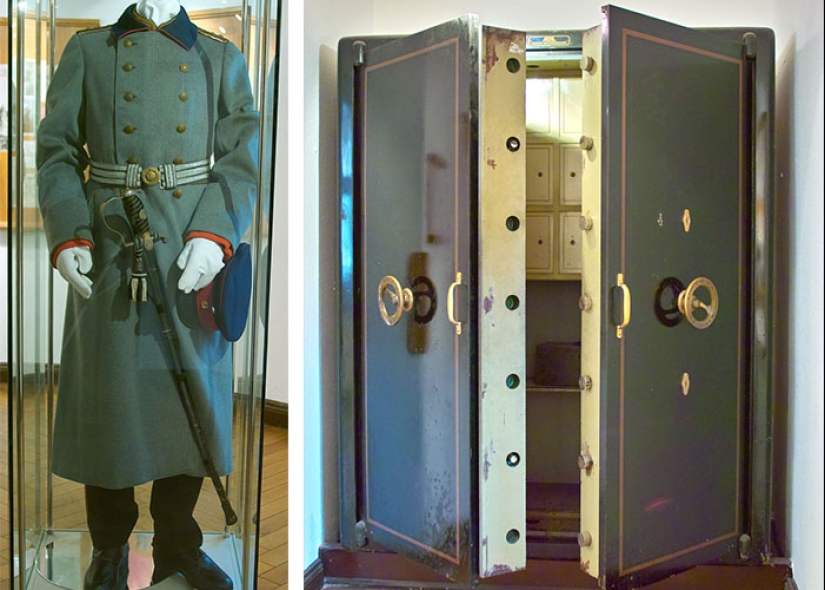
Hauptmann's uniform and the Town Hall safe
Vogt ordered the soldiers who had cordoned off the town hall not to let anyone out of the building for another hour and not to allow anyone to enter. Having squeezed through the crowd of onlookers gathered on the square, the crook got into a cab and went back to the station. He returned to Berlin as if nothing had happened, drank a mug of beer in the buffet and went home.
Wilhelm Vogt was arrested exactly ten days after his visit to the town hall of Kepenik, just when the swindler was reading an article about the investigation of treacherous embezzlement at breakfast. The criminal was handed over by his cellmate, with whom he shared his plans for the future a few years ago, while sitting in prison.
The investigation of the "case of the captain from Kepenik", and then the trial were accompanied by homeric laughter. A huge crowd of Berliners gathered under the building of the zemsky court, where the trial was taking place, who wanted to have at least one look at the man who deceived the soldiers, gendarmes and the mayor.
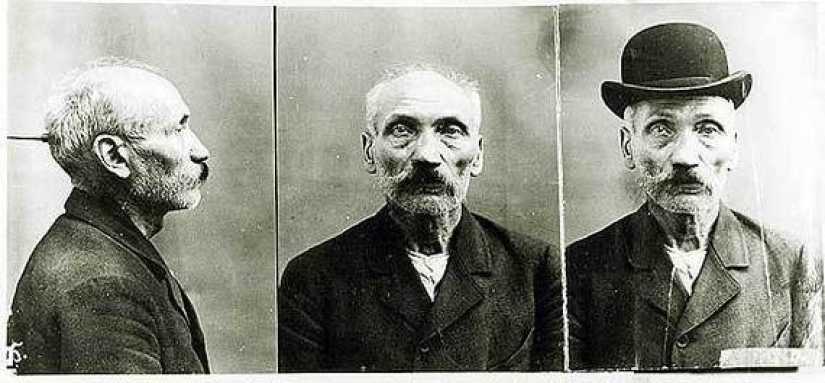
The trial itself lasted only 15 minutes and Wilhelm Vogt was sentenced to 4 years in prison for illegal wearing of a uniform, forgery of documents, imprisonment of people and fraud. But the crook served only two years — as soon as Kaiser Wilhelm found out about his story, he was immediately released. The monarch was incredibly amused by the case, which so simply and clearly showed the admiration for the uniform in German society.
Vogt was released and even his passport was returned to him. After becoming a celebrity, Wilhelm could no longer engage in his criminal trade. Yes, there was no need for this — the famous "captain from Kepenik" wanted to see not only in Germany, but also in Austria, Poland, France and even the USA.
Taking a couple of soldiers from the same detachment as assistants, Vogt successfully toured the world with his story and even wrote a book about himself. In his declining years, he became rich, received Luxembourg citizenship and bought a house in the principality. The captain from Kepenik died in 1922 at the age of 72.
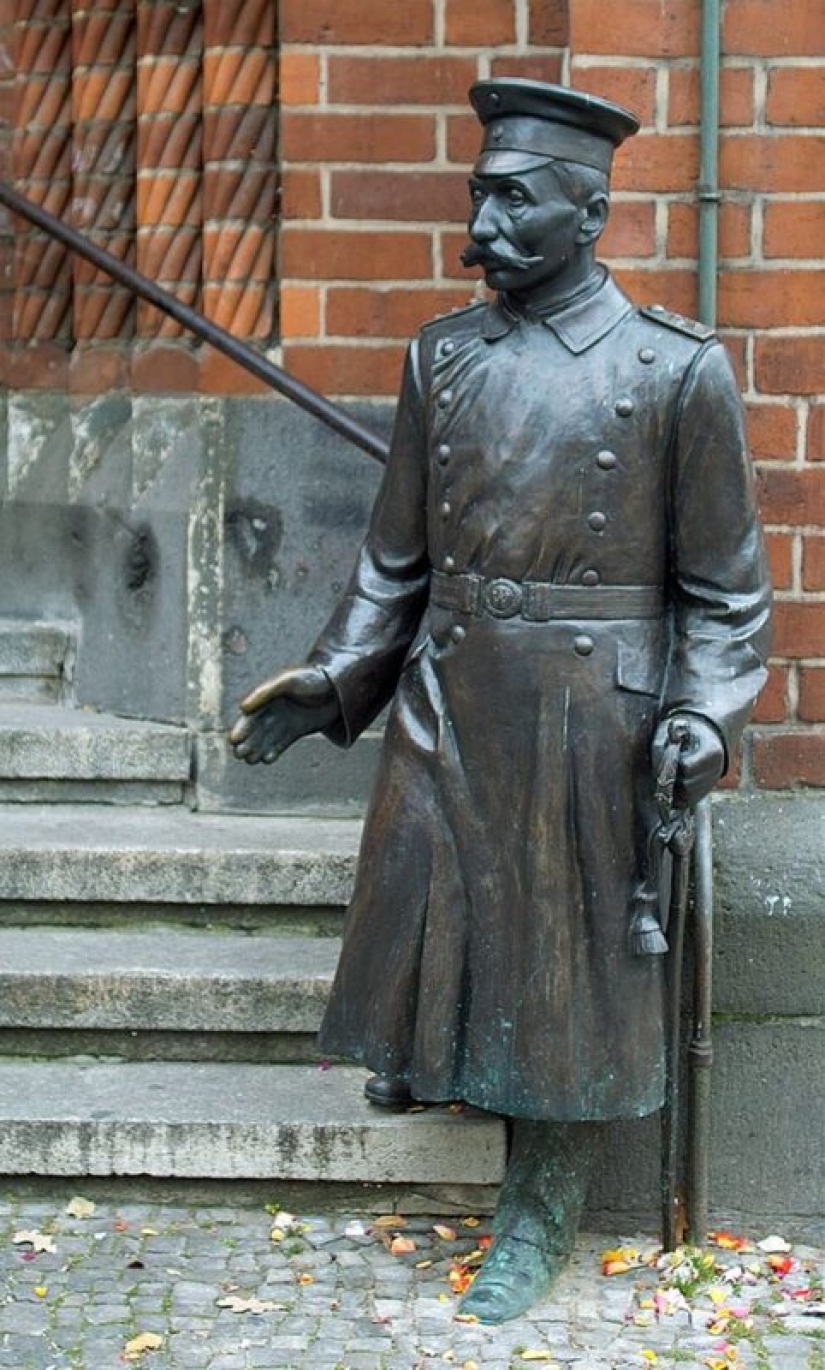
Today, the Hauptmann's uniform, in which Vogt "went to work", is kept in the Kepenik Town Hall, and a monument to the impostor appeared near the entrance to the building in 1996. The story of the resourceful crook was filmed three times, and Chapaev and Petka can envy the number of jokes with his participation. There have been more brazen impostors in our history, although I don't want to consider them heroes.
Keywords: Berlin | Soldier | Train station | Germany | Captain | Fraud | Soldiers
Post News ArticleRecent articles

It's high time to admit that this whole hipster idea has gone too far. The concept has become so popular that even restaurants have ...

There is a perception that people only use 10% of their brain potential. But the heroes of our review, apparently, found a way to ...
Related articles

Nowadays, in big sports, sometimes there are questions to athletes who are suspected of being men. Modern scientists are well aware ...

50 years ago, the bloody history of the RAF, the most brutal terrorist organization in Europe, began. Its creators were not Islamic ...

In this rare photo from the archives of the British soldiers, māori from the new Zealand army performing in front of the British ...

New Year's is a time to surprise and delight loved ones not only with gifts but also with a unique presentation of the holiday ...